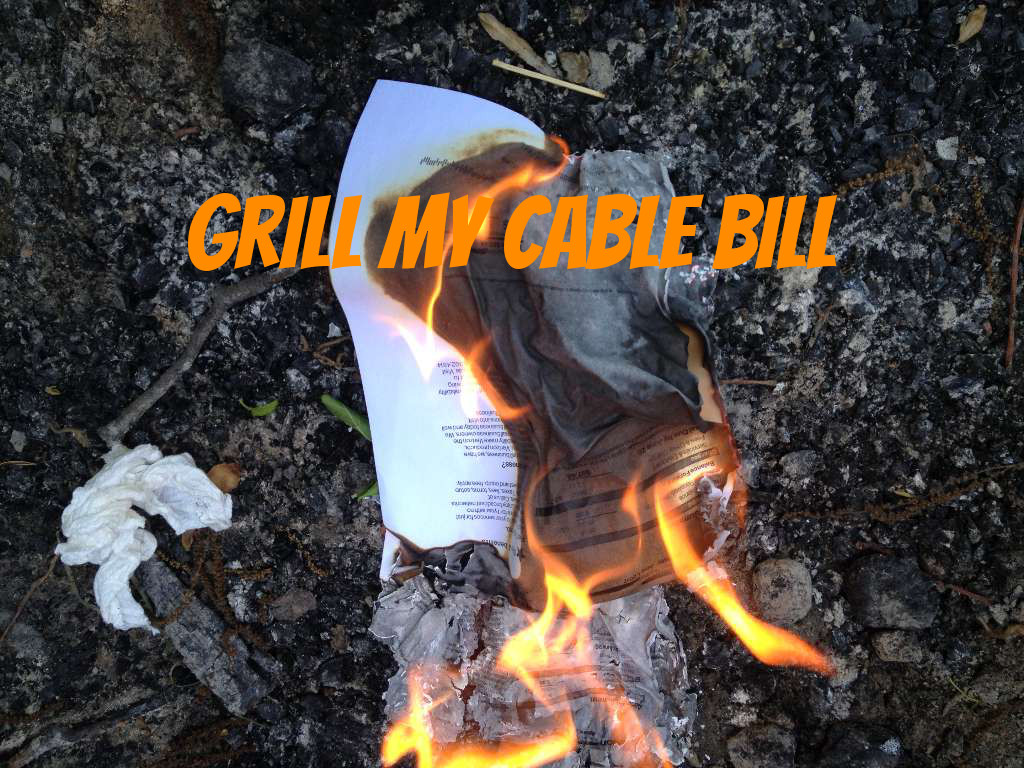Net Neutrality = Freedom

Net Neutrality is the principle that ISPs treat all content equally and not give preference to some digital content providers. That means the consumer can load every website, app, video, .gif, etc., equally, regardless of where the content is hosted. For example, an ISP may not charge more for sites that stream movies or promote a specific agenda. This is also referred to as the open internet.
Repealed Last Week
Despite all of the protests from the public, our government could give a damn and overturned it. Despite this latest strike against our freedoms, some of our elected officials will do the right thing and take the FCC who made the ruling to court. State Attorney Generals from New York, Illinois, Oregon, Massachusetts, and Washington have already declared they will file litigation against the FCC.
The FCC takes it further
Not only has the FCC taken this draconian measure, they have also tried to block the states from making their own net neutrality laws. It's interesting that, after trying to wash their hands of regulating ISPs, The FCC is also trying to make sure that local governments can't govern them either. Talk about a double whammy into the face of the consumer. The FCC is talking out of both sides of their mouth first saying it has no power over broadband service, then to say it can use that absence of power to supersede the states."
The States Move Forward
Needless to say, the states are ignoring the FCC and moving ahead with their own plans. So far, California, Washington, and New York state legislators have announced their intent to regulate ISPs since the FCC won't. in a total of 22 states broadband privacy legislation was proposed in 2017 and we can expect net neutrality laws to be included as well. Congress isn't sitting idly by either. The bill, HR 4585, Save Net Neutrality Act of 2017 has already been proposed.
Dictatorship and America Don’t mix
Our federal government once again has stepped over their bounds. We in a free and open society are born with god given rights that no government can change or abolish. These rights include a free exchange of information and ideas. In the late 21st century, one the ways we do this is through the internet. The internet belongs to “we the people” and we will decide how to best use it.